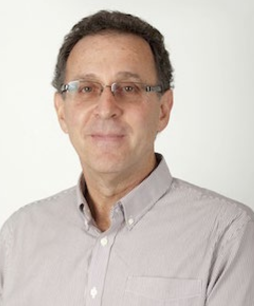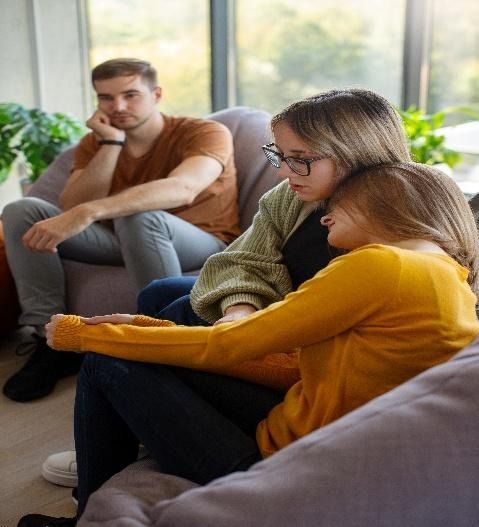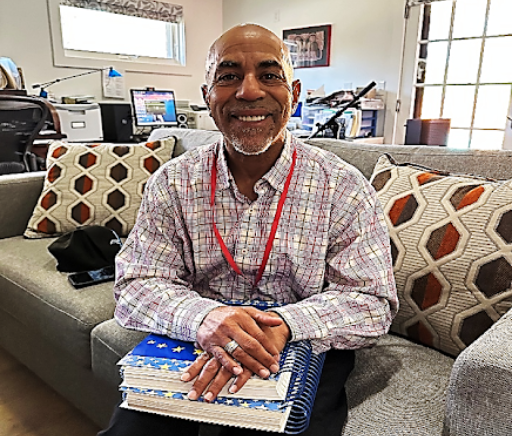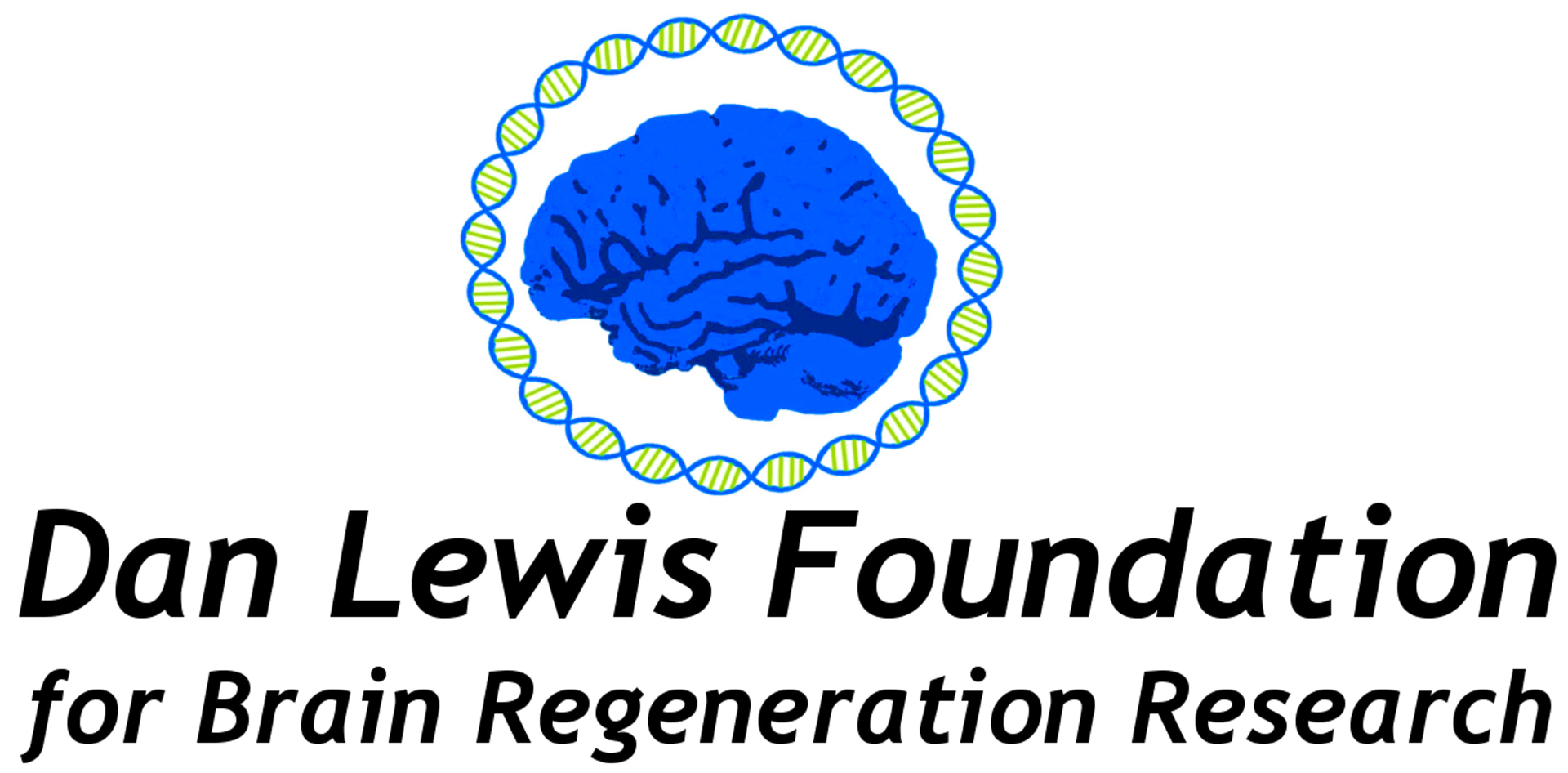This is paragraph text. Click it or hit the Manage Text button to change the font, color, size, format, and more. To set up site-wide paragraph and title styles, go to Site Theme.

David Margulies, M.D. founded, co-founded, and participated as a director and senior executive of a number of companies in the clinical computing, molecular diagnostics, and biotechnology fields. The central theme of his work over 4 decades has been ‘precision medicine’, creating systems which provide the medical knowledge, clinical data, genomic insights, and personalized treatments to physicians and their patients.
In the early 1980s, he co-founded and led BRS Medical, later acquired by WB Saunders and, ultimately, Elsevier North Holland (NYSE:RELX). This company was the first commercial supplier of full text searching and online biomedical books and journals for physicians and researchers. Its product (BRS/ Colleague) was the first online experience for nearly 100,000 physicians.
In the mid 1980s, while Chief Information Officer (CIO) at Boston Children’s Hospital, his team created software which was then acquired by Cerner Corporation and became the basis for Cerner Corporation’s Enterprise clinical applications. Margulies became EVP and Director at Cerner (NASDAQ:CERN) as it grew to be the dominant supplier of clinical computing systems in the US.
In 1996, he co-founded and was a Director of CareInsite (NASDAQ:CARI), acquired by WebMD in 2000.
In 2000, he became co-founder, CEO, and Chairman of Correlagen Diagnostics, which pioneered highly automated DNA diagnostic sequencing and interpretation and was acquired by LabCorp (NYSE:LH) in 2011 to be its genomic center of excellence.
He returned to Boston Children’s Hospital in 2011 as VP of Strategy and led the development of the institution’s genomic medicine strategy. In 2013, he co-founded and was Chairman of Q-State Biosciences, a Cambridge-based biotechnology company which invented methods to create genomically-targeting medicines using patient-derived, CRISPR-edited human iPSCs, optogenetics, and antisense oligonucleotides.
In 2023, he and a colleague acquired the assets of Q-State and formed Quiver Bioscience (www.quiverbioscience. com). He is currently Chairman of that company.
Dr. Margulies co-founded the Dan Lewis Foundation in 2020, a non-profit group supporting scientific research focused on both brain regeneration research and improving awareness of traumatic brain injury. He sits on the board of directors and the science advisory board.
He joined the Board of Variantyx in December 2022 and became Chairman shortly thereafter. Over the years, he has served as a Director and advisor for numerous public and private Boards (including, among others, D2 Hawkeye (Verisk) (NASDAQ:VRSK), Ixxion Biotechnologies, ObMedical (acquired by Philips (NYSE:PHG), Circulation (acquired by Logisticare), Generation Health (acquired by CVS (NYSE:CVS), Travera (www.travera. com), and Commonwealth Care Alliance.
Dr. Margulies received his B.A. from Amherst College (1973), and his M.D. from Harvard Medical School (1977). He completed his clinical training in Internal Medicine at Columbia College of Physicians and Surgeons (1982) and retains both licensure and board certification. He has DLF Science Advisory Board Spotlight subsequent training, experience, and/or publications in commercial computer science, neuroscience, bioinformatics, and genomics. He recently retired from the faculties of Genetics and Bioinformatics at the Harvard Medical School.


